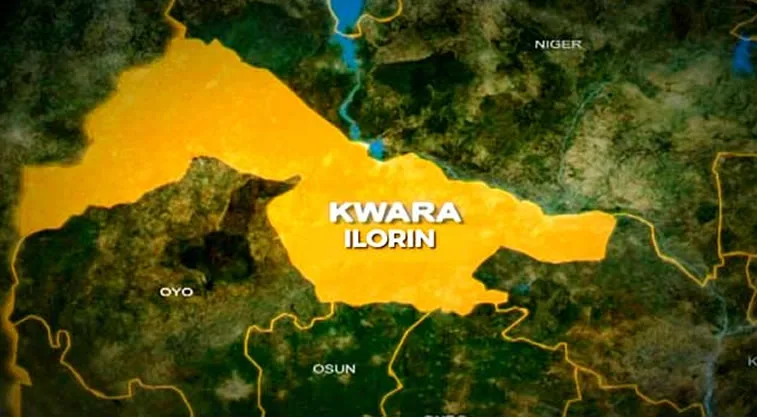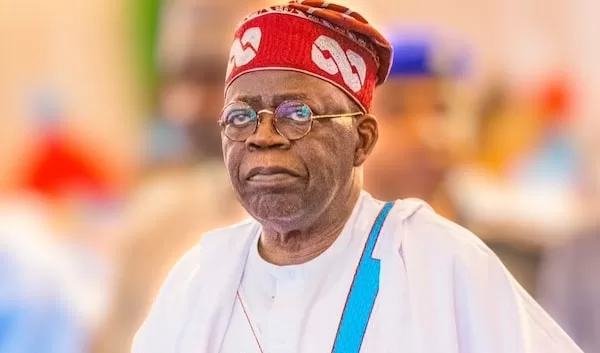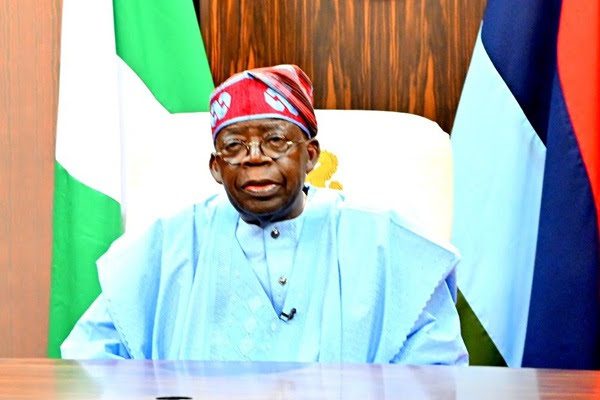Two cargoes of jet fuel, averaging about 130 million litres, have been exported from Nigeria to Saudi Arabia by the Dangote Petroleum Refinery.
President of Dangote Group, Aliko Dangote, described the latest export as an achievement of the goals set by the organisation.
This is coming against the backdrop of projection by the Organisation of Petroleum Exporting Countries (OPEC) that the 650,000 barrel per day (bpd) refinery would disrupt the global crude and product market.
The development may also indicate that Nigeria will be prioritising the Middle East in its ambition to become a refining hub amid the shutdown of refineries in the global north.
Last December, the Nigerian National Petroleum Company Limited (NNPCL) disclosed that it sold the first cargo of Port Harcourt Low Sulphur Straight Run fuel oil (LSSR) to Dubai-based Gulf Transport and Trading Limited (GTT).
The company reportedly loaded onboard the Wonder Star MR1 ship.
Dangote, in a release after a visit by the Nigerian Economic Summit Group (NESG) team to both Dangote Fertiliser Limited and the Dangote Petroleum Refinery and Petrochemicals in Ibeju Lekki, Lagos, said the output from the refinery stands at 550,000bpd.
“We are reaching the ambitious goals we set for ourselves, and I am pleased to announce that we have just sold two cargoes of jet fuel to Saudi Aramco,” he said.
He noted the importance of the private sector in national development, stressing that Nigeria’s challenges could largely be overcome by providing gainful employment to its people.
The richest man in Africa discouraged using the concept of a free market for continued import dependence, noting that both developed and developing nations, including the United States and China, actively protect their domestic industries to safeguard jobs and promote self-sufficiency.
He also cited Benin Republic, where cement imports were restricted as part of a deliberate strategy to protect local industries, despite the proximity of his Ibese plant.
“The President is a personal friend, and my Ibese plant is just 28km from Benin, yet they refuse to allow imports to protect their local industries, most of which are grinding plants,” he said.
According to Dangote, the government stands to gain substantially when the private sector flourishes, noting that 52 kobo (52 per cent) of every naira Dangote Cement generates goes to the government.
Dangote also pointed out the significant challenges involved in setting up industries in Nigeria, particularly the substantial capital investment required due to the lack of infrastructure.
While commending Dangote for establishing the refinery, NESG Chairman, Niyi Yusuf, stated that Nigeria needed large investments to reach its $1 trillion economy goal.
“To achieve a $1 trillion economy, much of that must come from domestic investments. I joked during the bus ride that while others are dredging to create islands for leisure, you’ve dredged 65 million cubic tonnes of sand to create a future for the country.
“This refinery, fertiliser plant, petrochemical complex and supporting infrastructure are monumental,” he said.
Yusuf emphasised that such local industries were essential to Nigeria’s industrialisation and would foster the growth of Small and Medium-sized Enterprises (SMEs).














